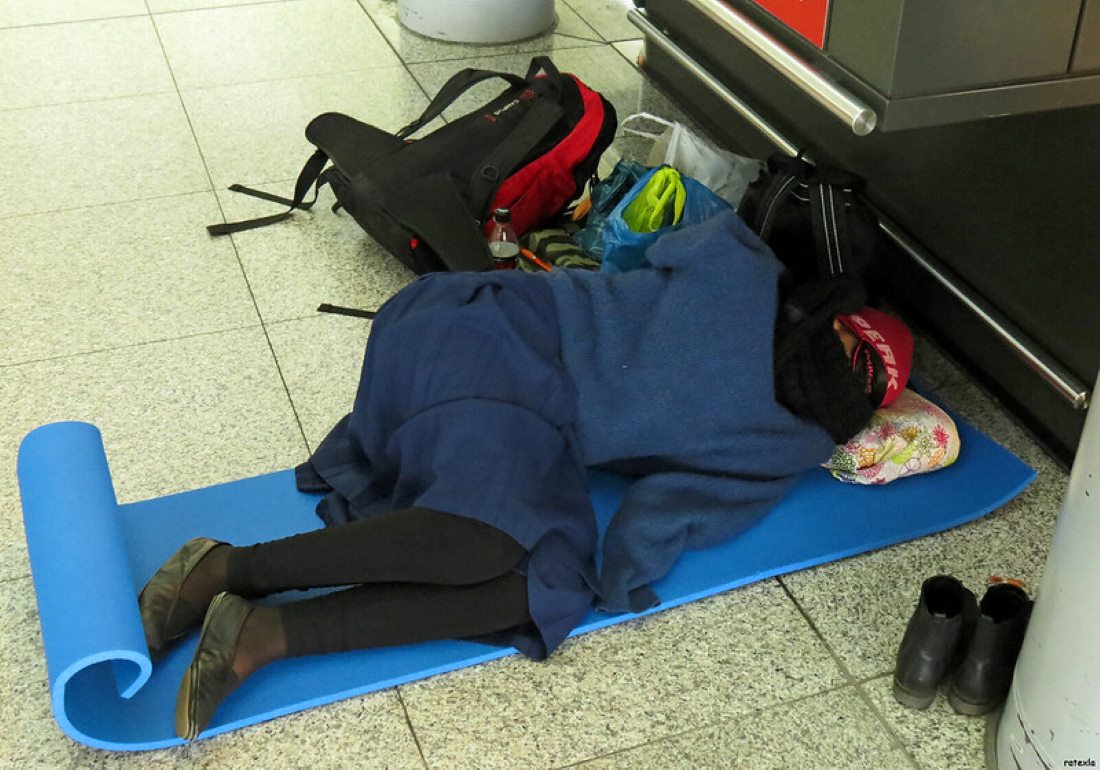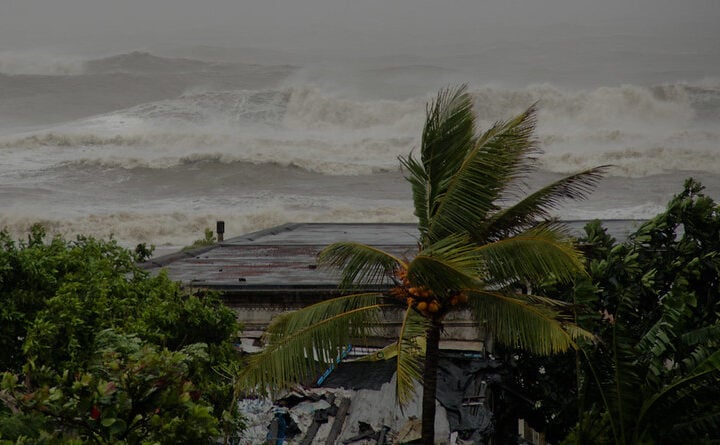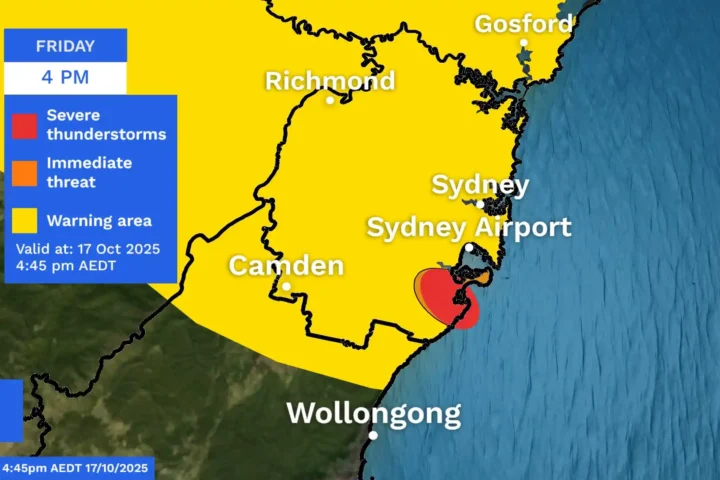The escalating conflict between Israel and Iran has thrown global air travel into disarray, with thousands of passengers stranded at major Middle Eastern hubs. Iran’s missile strikes targeting the US Al Udeid Air Base in Qatar on June 23 triggered immediate airspace closures across Qatar, Bahrain, Kuwait, and parts of the UAE.
These closures have created a domino effect of cancellations, diversions, and delays for airlines worldwide. The situation worsened following earlier Israeli strikes against Iran on June 13, which had already prompted some carriers to adjust flight paths.
“Flight to Nowhere”: Passengers Return to Perth After 15-Hour Journey
Perhaps the most dramatic example of the disruption is Qantas flight QF33 from Perth to Paris. After being airborne for 15 hours and reaching the Arabian Sea near southwestern India, the flight was forced to return to Perth due to the airspace closures.
“We were told that the flight had been changed because air space had been blocked,” said Naomi Nettleton, a passenger on the diverted flight. “We’ll be OK. We’re trying to be positive about it all.”
The Perth-Paris flight carried 216 passengers and 14 crew members, while another Qantas Perth-London service diverted to Singapore had 199 passengers and 14 crew.
Chaos at Major Hub Airports
At Doha’s Hamad International Airport, a vital global transit point, the scene has been one of confusion and frustration. Virgin Australia estimated over 25,000 passengers were stranded there alone.
FlightRadar24 data shows around 250 flights were cancelled at Hamad airport, with 238 delayed. Dubai International faced similar challenges, with about 145 cancellations and over 450 delays.
Amanda Tate, an Adelaide nurse stranded in Doha, described the experience as “surreal” after missiles struck near the airport.
“We started looking on the internet and seeing there had been some missiles launched. At that time, we didn’t know what had happened,” she said. “Probably the most heartbreaking thing is young travellers on their own. This young lad had booked a flight from Scotland to come and see his sister in Sydney and it’s the first time he’s travelled on his own. He looked completely discombobulated. And another young girl was crying.”
Similar Posts
Airline Responses and Operations
Major carriers have implemented various measures to manage the crisis:
- Qatar Airways has restored operations but warns of “significant delays” until June 26. The airline has deployed additional ground staff and is offering fee-free rebooking until July 15 or refunds of unused ticket value.
- Qantas is offering flexibility to passengers booked on Emirates-operated flights to, from, or via Dubai until June 27. This includes fee-free refunds, flight credits, or date changes for bookings made before June 23.
- Emirates had to reroute flights to Dubai but reported no diversions. “After a thorough and careful risk assessment, Emirates will continue to operate flights as scheduled, using flight paths well distanced from conflict areas,” the airline stated.
- Air India has temporarily cut 15% of its international widebody flights until mid-July, citing Middle East tensions, night curfews in European and East Asian airspaces, and enhanced safety inspections.
- British Airways has suspended all flights between London Heathrow and Doha until June 25, citing safety as their “highest priority.”
- Singapore Airlines cancelled eight flights to Dubai – two per day from Sunday through June 25.
Consumer Advice: Don’t Cancel Your Flight
Dean Long, CEO of the Australian Travel Industry Association (ATIA), advises travelers not to cancel their flights independently.
“The one thing we learned through Covid is don’t cancel as it reduces the number of rights you have. Let the airline make that decision. This approach ensures your rights are protected and you get the support you need,” Long said.
“If your airline cancels the flight, you are entitled to a full refund or rebooking. But if you cancel yourself, you could lose those rights entirely.”
Insurance Limitations
An important fact for travelers: standard travel insurance policies typically exclude claims arising from war, civil unrest, or government-imposed airspace closures.
Avinash Babur, CEO of InsuranceMarket.ae, confirmed that these scenarios are usually listed under policy exclusions. Only high-tier or specialized insurance products might offer some coverage, but these are uncommon.

Looking Forward
While Qatar and other nations have reopened their airspace, airlines continue reporting significant delays as they work to clear backlogs. Air India stated it would “continue to avoid airspaces assessed as unsafe at any given time,” indicating an ongoing cautious approach.
The situation remains fluid, with the stability of travel routes directly tied to the volatile geopolitical landscape. For passengers, the uncertainty continues – but airlines emphasize they’re working to minimize disruptions and provide support to affected travelers.

















